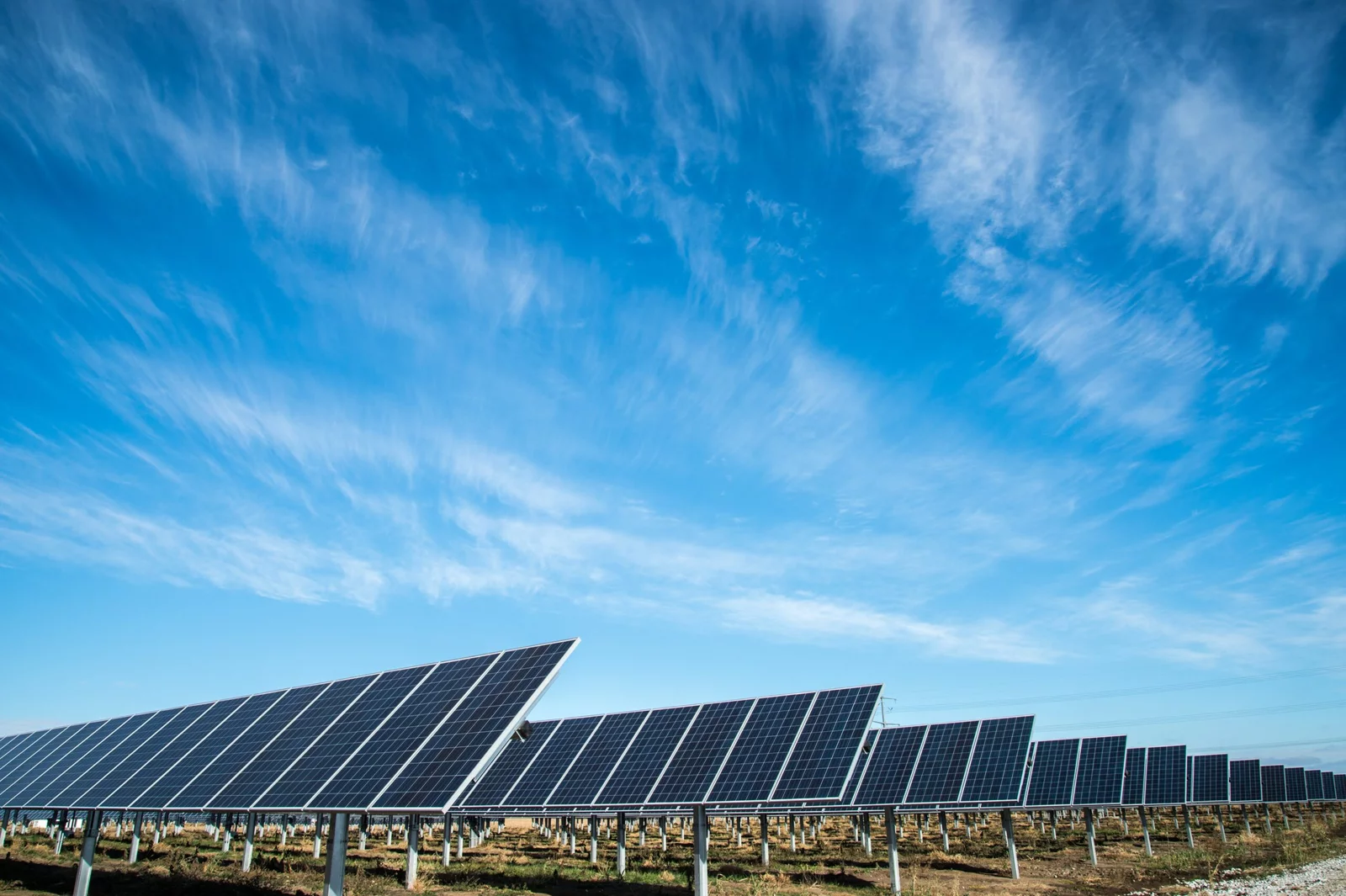middleportal.com – As the world shifts towards cleaner and more sustainable energy sources, solar power has emerged as a leading contender. The ability to harness the sun’s energy and convert it into electricity is not only environmentally friendly but also cost-effective in the long run. However, one of the challenges of solar power is storing the energy for later use. In this blog post, we will explore different types of batteries that can be used for solar power storage and why lithium-ion batteries are gaining popularity.
Types of Batteries for Solar Power Storage
When it comes to storing solar energy, there are several options available. Let’s take a closer look at some of the most commonly used batteries:
- Lead-Acid Batteries: These are the oldest and most traditional type of battery used for solar power storage. They are reliable and affordable but have a shorter lifespan compared to other options.
- Nickel-Cadmium Batteries: Nickel-cadmium batteries are known for their durability and ability to withstand extreme temperatures. However, they have a lower energy density and are less efficient.
- Flow Batteries: Flow batteries are a newer technology that uses liquid electrolytes to store energy. They have a longer lifespan and can be easily scaled up or down to meet energy demands.
The Rise of Lithium-Ion Batteries
While all the aforementioned batteries have their merits, lithium-ion batteries have emerged as the preferred choice for solar power storage. Here’s why:
- High Energy Density: Lithium-ion batteries have a higher energy density, meaning they can store more energy in a smaller space. This makes them ideal for residential and commercial solar installations where space is limited.
- Longer Lifespan: Compared to lead-acid and nickel-cadmium batteries, lithium-ion batteries have a longer lifespan. They can last up to 10 years or more, making them a cost-effective choice in the long run.
- Efficiency: Lithium-ion batteries are highly efficient, with a charge-discharge efficiency of around 95%. This means less energy is wasted during the storage and retrieval process.
- Scalability: Whether you have a small residential system or a large-scale commercial installation, lithium-ion batteries can be easily scaled up or down to meet your energy needs.
Conclusion
As solar power continues to gain momentum, the need for efficient energy storage solutions becomes increasingly important. While there are various types of batteries available, lithium-ion batteries stand out for their high energy density, longer lifespan, efficiency, and scalability. Whether you are considering a solar installation for your home or business, opting for lithium-ion batteries will ensure you have a reliable and sustainable energy storage solution.


